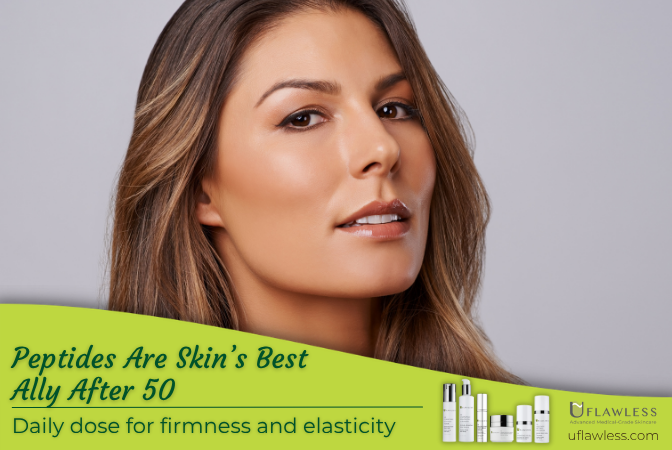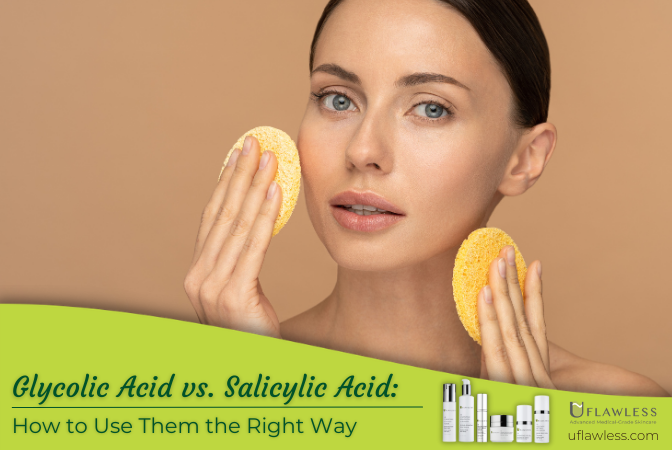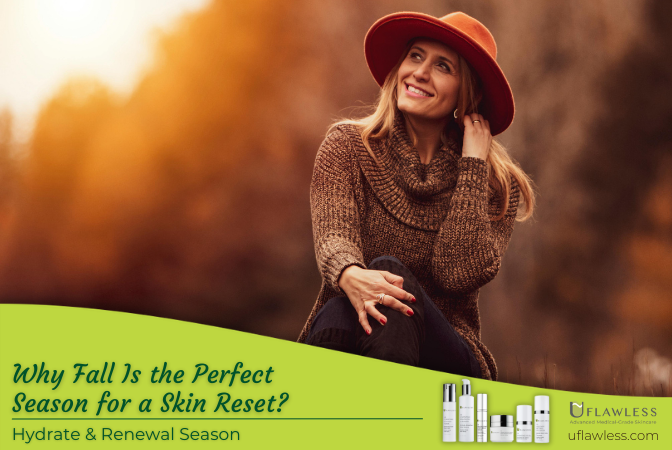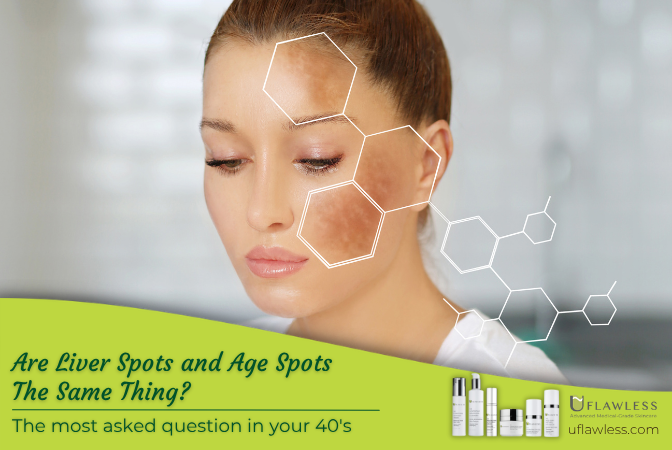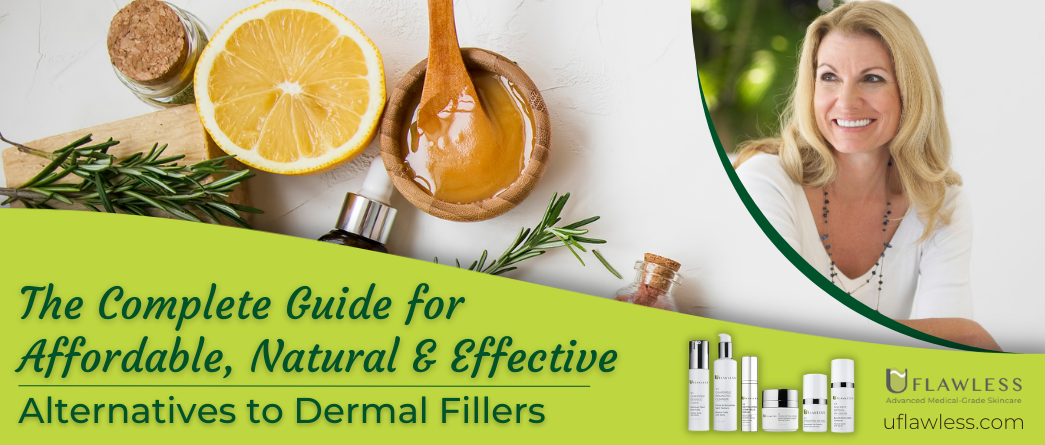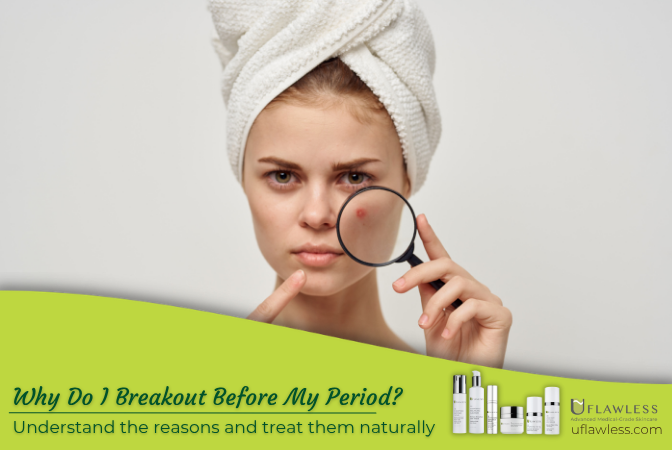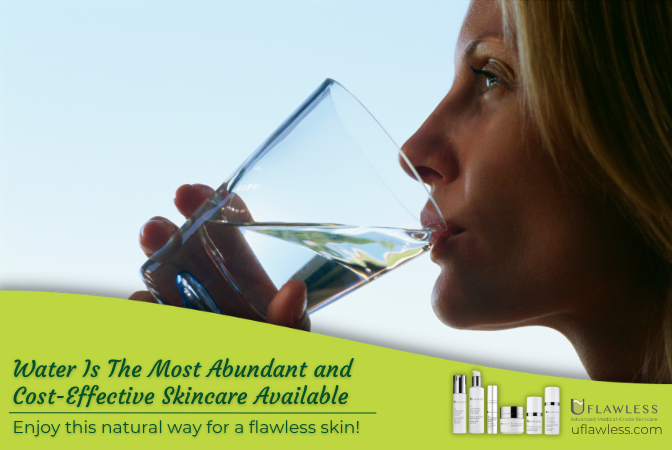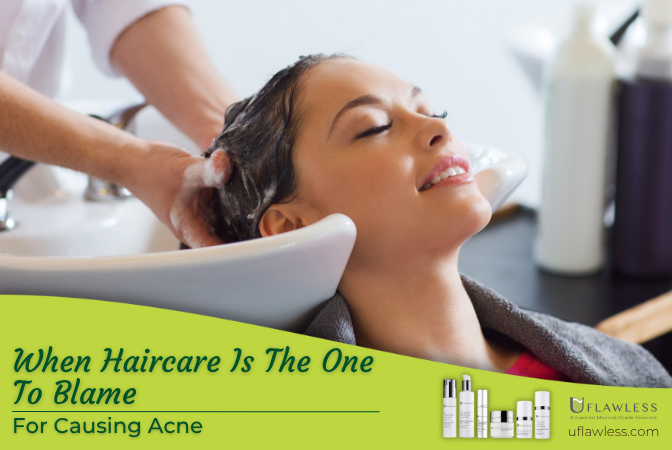
When Haircare Is The One To Blame For Causing Acne
Are Your Hair Care Products Causing Breakouts?
Melissa, a close friend, recently swapped her shampoo and conditioner for a luxurious, hundred-dollar set. Soon after, she noticed an unwelcome change: Acne. She couldn't help but wonder, could her premium hair care be the culprit behind her Breakouts?
How To Check If It Is The Shapoo The One To Blame For Having Acne?
Determining whether your shampoo is the mischief-maker starts with a simple observation.
Find a spot with bright lighting, bathrooms are usually ideal for this.
Take a moment to examine your face in the mirror, paying close attention to any redness or small bumps.
Do these imperfections primarily gather around the edges of your face?
Are the most affected areas those that would typically come into contact with shampoo and conditioner?
If you're nodding in agreement, then it's likely your hair care regimen is the source of the problem.
Tips For Selecting Hair Care Products to Minimize Acne Risk
Navigating the world of hair care products can be tricky, especially when trying to dodge those that might contribute to acne. Here are some guidelines to help you choose wisely:
- Opt for Clarity in Shampoos - When it comes to shampoos, the clearer, the better. Steer clear of opaque, pearly, or creamy formulas. Ingredients like sodium laureth sulfate and added fragrances, often chemical-based, can be problematic, potentially triggering allergic reactions.
- Avoid Creamy Conditioners - Creamy conditioners are more likely to leave behind comedogenic molecules that can clog pores, especially problematic along your forehead and face's sides. Consider lighter, "leave-in" silicone-based products for colored hair as a non-comedogenic alternative.
- Choose Mousse Over Gel - Regular use of hair gels can lead to enlarged pores due to their thick consistency. While hair sprays are less likely to affect the skin, they can dry out your hair. Opting for mousse offers a safer bet for both skin and hair health.
- Invest in a Quality Shower Cap - A good shower cap, which doesn’t have to be expensive, shields your hair from moisture in the shower, preserving its natural oils and condition. For those in rainy climates, a foldable plastic rain hat can be a hair saver, preventing the need for frequent washes due to rain exposure.
- Shampoo Less Frequently - Washing your hair too often strips it of its natural oils, leading to dryness. This dryness, in turn, requires more moisturizing products, increasing the likelihood of using potentially acne-triggering products. Try to extend the time between washes to keep your hair and skin healthier.
Following these tips can help you maintain both healthy hair and clear skin, minimizing the risk of haircare-induced acne.
How Many Times A Week Should You Shampoo & Condition Your Hair?
When it comes to nurturing healthy hair, less is often more —especially regarding shampooing.
While we're conditioned to believe that frequent washing is key to hair health, the reality is that our scalp's natural oils are incredibly beneficial for maintaining moisture and shine.
It may come as a surprise, but many can maintain healthy hair by shampooing just once or twice a week.
For those who frequently restyle their hair, shampooing once a week, supplemented by water rinses on other days, can be sufficient.
If you're accustomed to washing your hair multiple times a week, consider scaling back to shampooing just once.
This approach challenges the traditional "lather-rinse-repeat" mantra we've been taught to follow but can significantly benefit your hair's natural oil balance and overall health.
How many times should be shampooing Oily Hair To Avoid Acne?
For those grappling with oily hair, the impulse to wash it frequently can be strong, driven by a desire for that clean, fresh feeling.
In such instances, opting for a clear shampoo and foregoing conditioner is a strategic move.
Oily hair typically doesn't suffer from the drying effects of regular washing and may not require the added moisture that conditioners provide.
This approach can help manage oiliness without contributing to acne around the hairline and face, keeping both your hair and skin in better condition.
What Is The Safest Natural Ingredient To Treat Acne?
Matcha, a highly concentrated form of green tea, is another excellent natural ingredient for treating acne.
Its potency lies in its rich antioxidant content, specifically catechins, which have powerful anti-inflammatory and antibacterial properties.
These properties can help reduce the inflammation associated with acne and combat the bacteria that contribute to acne breakouts.
Matcha also contains epigallocatechin gallate (EGCG), known for its ability to reduce sebum production in the skin.
Excess sebum can clog pores and lead to acne, so by controlling sebum levels, matcha can help prevent new acne from forming.
Additionally, matcha's antioxidants can protect the skin from environmental stressors, promoting healthier skin overall.
Its gentle nature makes it suitable for all skin types, including sensitive skin, making matcha a versatile and safe choice for acne treatment.
Hydration: The Foundation of Lustrous Hair and Radiant Skin
Bear in mind that a crucial element of both healthy hair and skin: hydration from within.
Water's role extends far beyond its use in cleansing; it's a vital ingredient for maintaining plump, vibrant skin and hair rich in amino acids.
Aiming for eight to twelve glasses of water daily can spark remarkable transformations in both your skin's texture and your hair's health.
This internal hydration ensures your body can effectively distribute essential nutrients such as minerals, vitamins, and amino acids throughout your system, promoting the natural moisture balance your hair relies on to thrive.
Drink up for a beauty boost that shines from the inside out.




